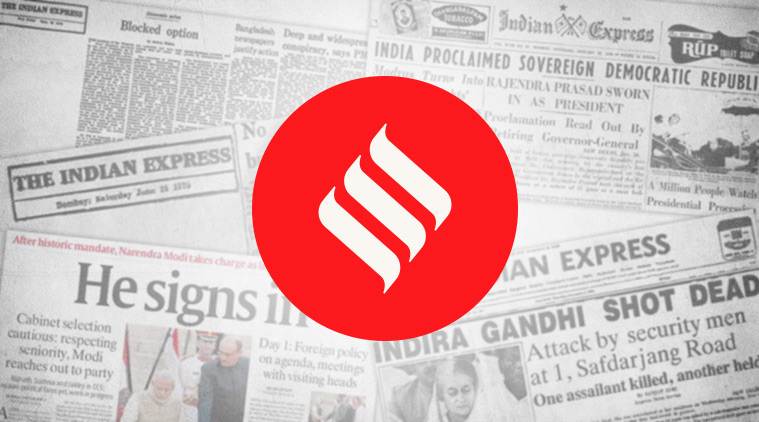
As Prime Minister Narendra Modi begins his second innings in diplomacy this week with a visit to Maldives and Sri Lanka, his foreign minister Subrahmanyam Jaishankar has chosen Bhutan as his first foreign destination. If Modi brings a bigger political mandate and loads of self-assurance to India’s international relations in his second stint, Jaishankar’s impressive diplomatic skill promises to turn PM’s political will into concrete outcomes for India. That Jaishankar served three years as foreign secretary during Modi’s first term and enjoys PM’s trust and confidence means Delhi now has a formidable team to direct Indian diplomacy. In his first public remarks as foreign minister a day before he left for Thimphu, Jaishankar gave a preview of where India’s foreign policy might be headed. There are elements of continuity as well as prospects for significant change.
Jaishankar has signalled that he will continue to sustain the legacy of his predecessor, Sushma Swaraj, in putting the welfare of Indians abroad at the very top of the Foreign Office’s agenda. Over the last few years, Swaraj has transformed the relationship between Indian missions abroad and the common man. If the embassies and consulates were once seen as aloof and unhelpful, they are today viewed as the first resort for distressed Indians in distant lands. Continuity is also visible in Jaishankar’s renewed emphasis on “neighbourhood first”. But there is no mistaking that the expansion of the geographic scope of what Delhi means by neighbourhood. Jaishankar confirmed that the invitation to the leaders of a Bay of Bengal forum for prime minister’s inauguration is a shift away from a narrowly defined South Asia with its multitude of structural problems. The BIMSTEC is replacing SAARC as the primary forum for India’s regionalism. Delhi’s interest in the Bay of Bengal and the PM’s enduring focus on Indian Ocean island states underlines the emerging maritime dimension of India’s neighbourhood policy.
Modi’s diplomacy has every reason to bask in the massive support for an assertive foreign policy seen during the elections. But no country, however powerful, can control all the external variables shaping the foreign policy environment. Jaishankar’s remarks show that Delhi is acutely conscious that international landscape for Indian diplomacy is no longer predictable; nor is it benign. Delhi, according to Jaishankar, will not be daunted by the new strains in the global economic order and the new Cold War between the US and China. If South Block’s default bias is to hide behind slogans of non-alignment and “strategic autonomy”, the new team is confident that Delhi can secure India’s interests in this complex environment. The new boldness on “what” India wants to do in the world during Modi’s second term is now matched by “how” it wants to do it. Jaishankar has underlined the importance of overcoming weaknesses like project implementation in other countries, preventing bureaucratisation of the relations with neighbours, and improving inter-ministerial coordination.